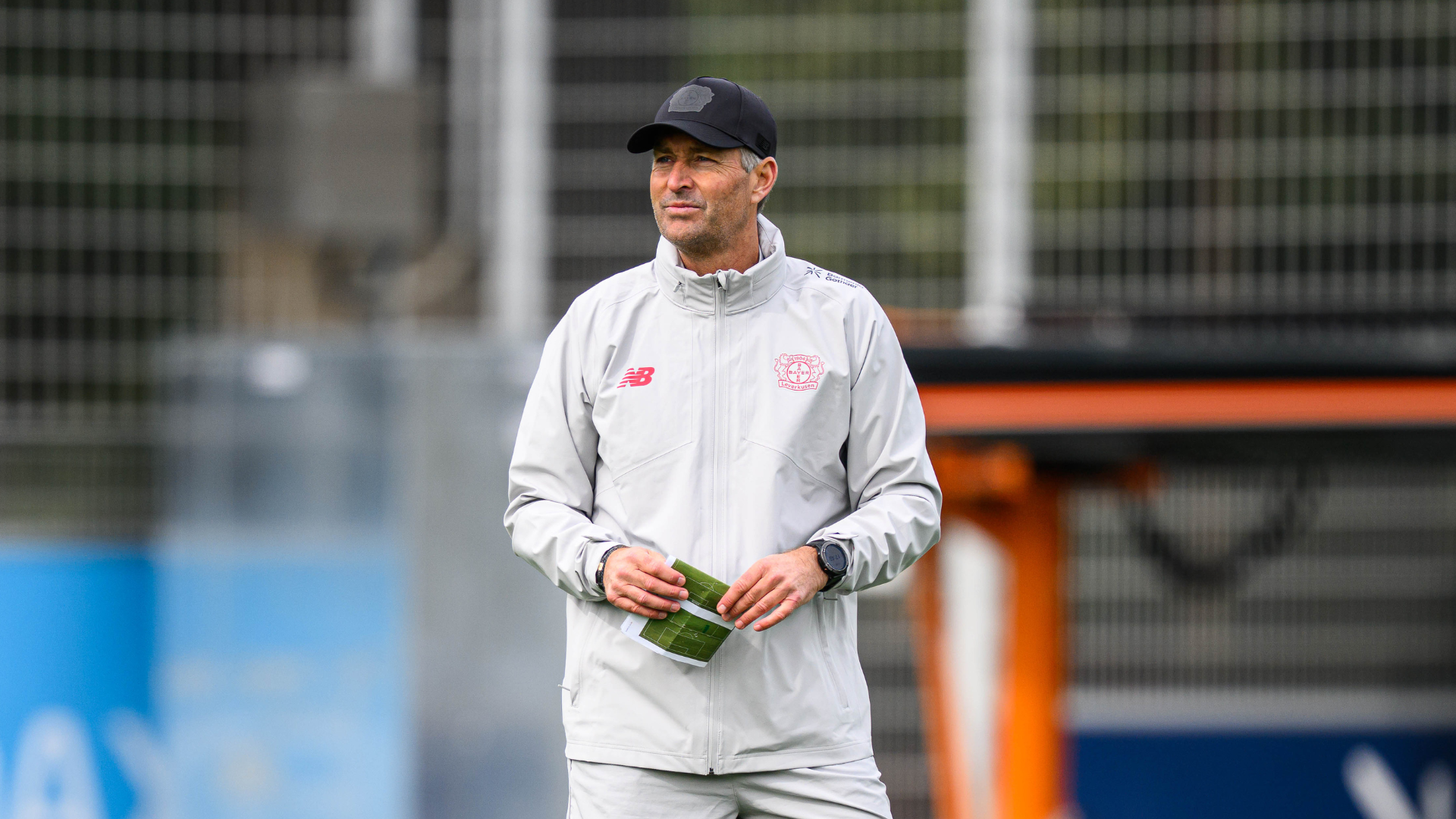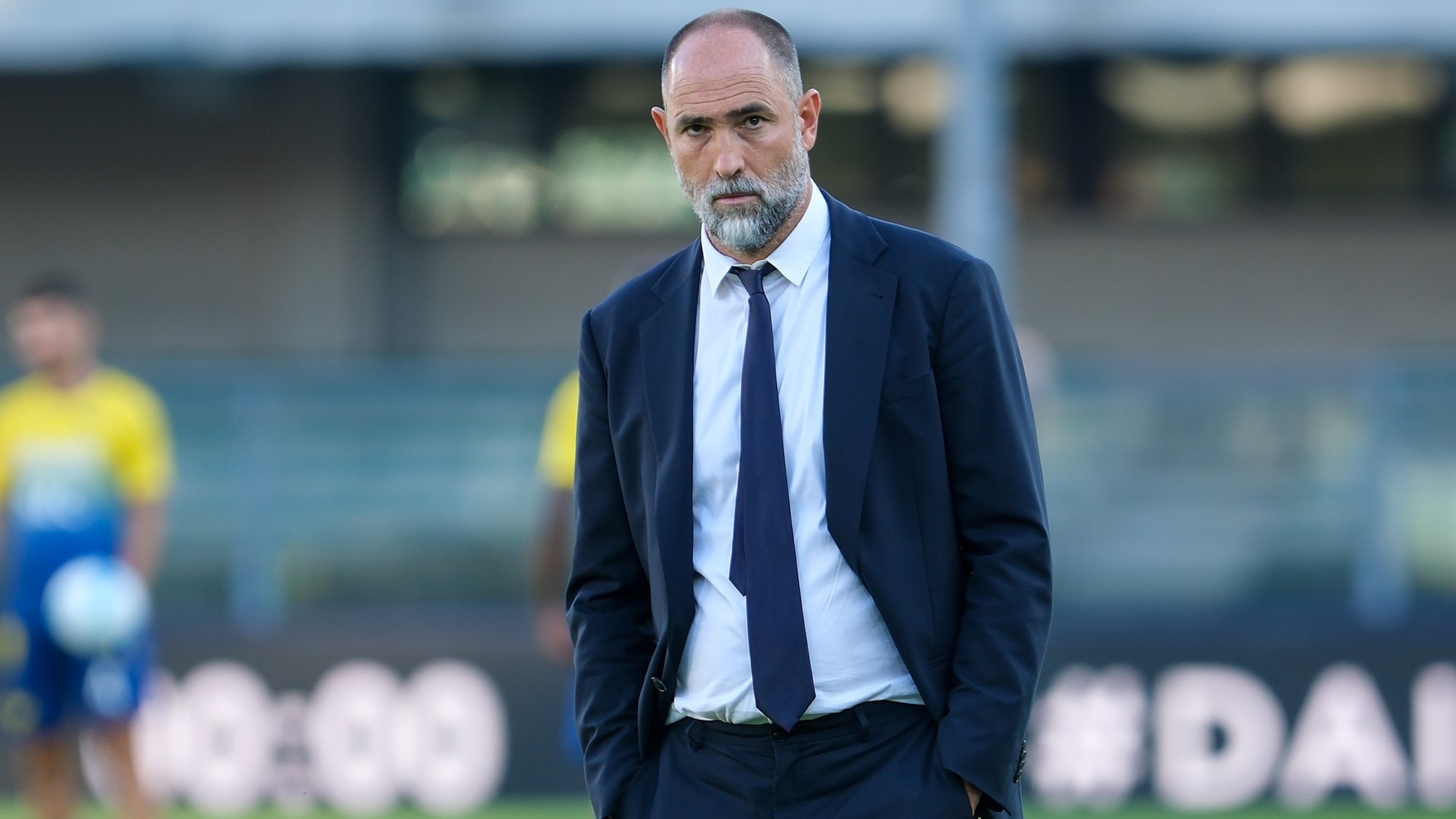Donald Trump Questions the Security of Some 2026 World Cup Venues
U.S. President Donald Trump has stirred debate around the 2026 World Cup, which his country will host alongside Mexico and Canada, by raising the possibility of removing matches from cities that, in his view, cannot guarantee sufficient safety to stage the tournament.
Speaking from the Oval Office, Trump singled out cities such as Seattle and San Francisco, describing them as “dangerous” and poorly managed by Democratic local leaders. “If we believe that any city might even be slightly unsafe for the World Cup, we will not allow it. We’ll adjust the venues if necessary, although I hope it doesn’t come to that,” he stated.
Seattle and San Francisco under scrutiny
Lumen Field in Seattle, home of the Seattle Seahawks in the NFL, is scheduled to host six World Cup matches. The same goes for Levi’s Stadium in Santa Clara, part of the San Francisco Bay Area and home to the San Francisco 49ers, which is also set to stage six games.
Both stadiums are among the 11 U.S. venues chosen for the tournament, which also include major cities led by Democrats such as Los Angeles, New York, Houston, Boston, Philadelphia, and Atlanta.
Trump also extended his criticism into the future, suggesting that the Los Angeles 2028 Olympic Games could face similar issues if, in his opinion, local safety does not improve.
Real power and political influence
Although Trump does not have the direct authority to modify World Cup venues, his close relationship with FIFA President Gianni Infantino raises uncertainty about his ability to exert influence over such decisions. FIFA remains the only governing body with the power to move matches from one city to another.

The official 2026 World Cup draw is scheduled for December 5 in Washington, an event that will include the presence of the U.S. president himself.
Anticipation ahead of the tournament
The 2026 World Cup will be the first to feature 48 participating teams and will be jointly hosted by Mexico, the United States, and Canada. The event is already seen as a massive logistical and organizational challenge, and Trump’s comments only add tension to an already complex process.
So far, neither FIFA nor local authorities in Seattle or San Francisco have publicly responded to the president’s statements, but there is growing anticipation over whether these cities will hold on to their commitments to stage World Cup matches.






















